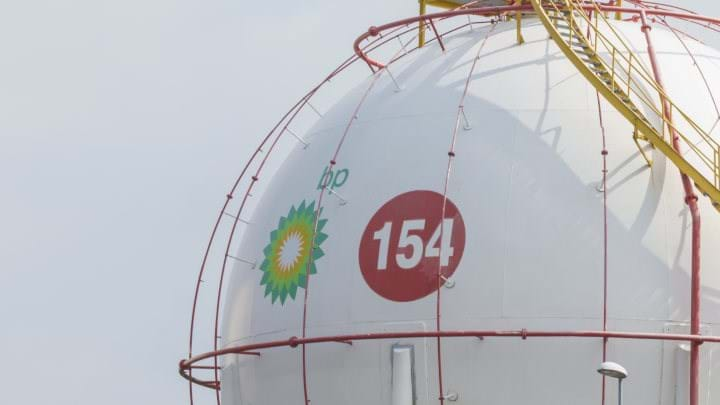BP dilutes climate plans

Renews investment in oil and gas as energy giants announce record profits
BP has dialled back its climate commitment, signalling it will increase investments in oil and gas production as it reported historic earnings on the back of high energy prices.
BP reported that its annual profits for last year more than doubled compared to 2021 to US$27.6bn, beating its previous record of US$26.3bn in 2008. It follows record profits announced by Shell, TotalEnergies, ExxonMobil and Chevron, and has sparked renewed calls for countries to levy windfall taxes against oil and gas companies.
Having taken the lead among its peers in 2020 when it announced it would restructure its business to reduce oil and gas production, BP now says it will invest more in oil and gas so has scaled down its ambitions. It had targeted a 40% reduction in oil and gas production by 2030 but has now lowered the bar to just 25% compared to 2019. As a result, it expects emissions will fall 20-30% compared to its earlier prediction of 35-40% by 2030.
More investment
It is increasing its annual capital spending budget by US$2bn. This means it will now spend up to US$16bn each year between now and 2030. This will be evenly split with around US$8bn/y spent on oil and gas production and US$8bn on what it calls transition growth engines, which includes bioenergy, hydrogen, and renewables. Last year it invested 30%, or US$4.9bn, of its capital expenditure budget on these transition businesses.
Justifying its U-turn, BP said the investment will generate extra earnings to invest in cleaner energy, and in a nod to the disruption to the energy markets and high prices brought about by Russia’s invasion of Ukraine, it would help meet near-term demand for secure supplies of oil and gas.
CEO Bernard Looney said: “The world wants and needs energy that is secure and affordable as well as lower carbon…To tackle that, action is needed to accelerate the transition. And – at the same time – action is needed to make sure that the transition is orderly, so that affordable energy keeps flowing where it’s needed today.”
This article is adapted from an earlier online version.
Recent Editions
Catch up on the latest news, views and jobs from The Chemical Engineer. Below are the four latest issues. View a wider selection of the archive from within the Magazine section of this site.




